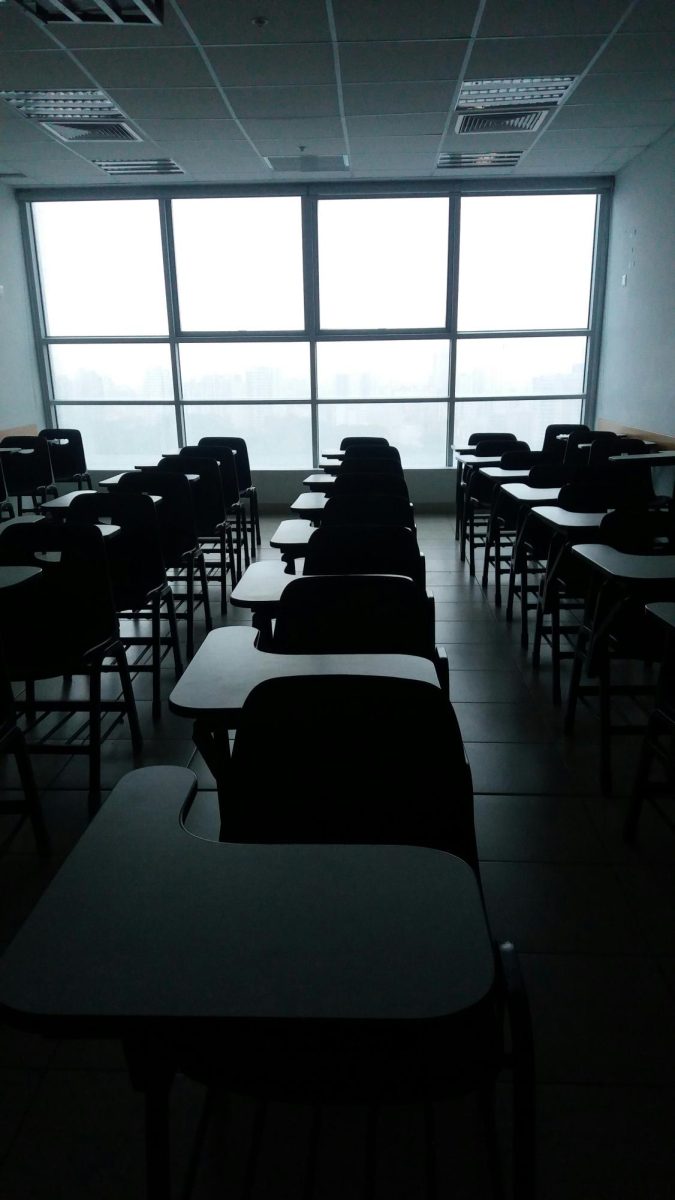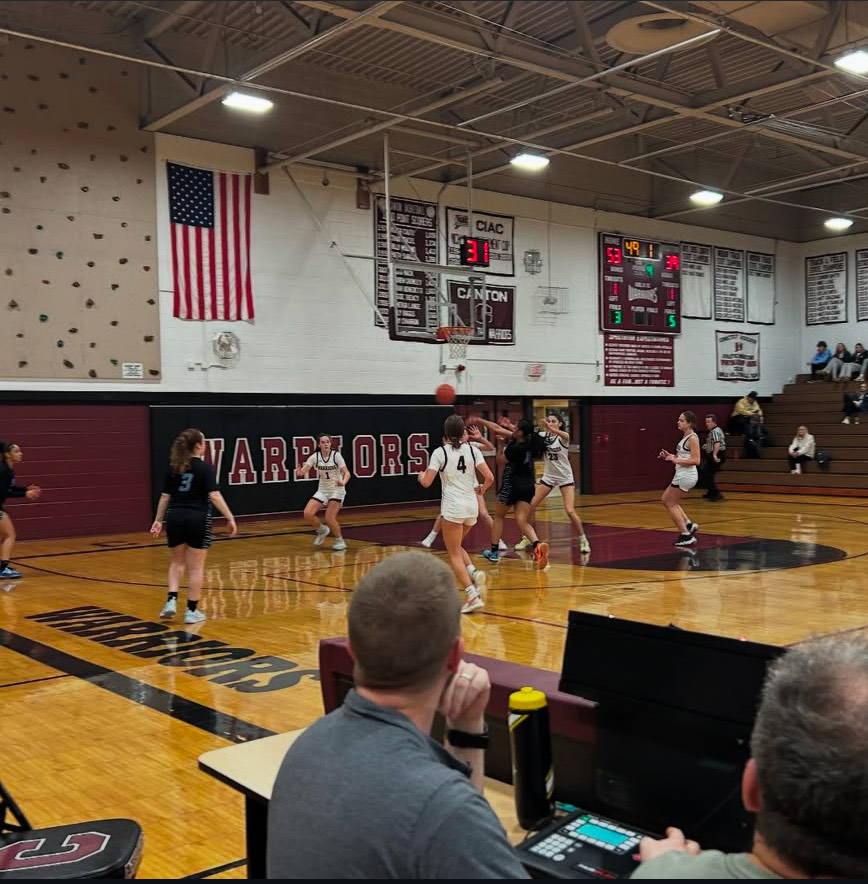High school seniors bustle around their classrooms daily to go home and continue their academic work until they drop, only to repeat it the next day. They fight to keep their grades strong enough during the day and at home they busy themselves with constant homework and writing the essays their next schools require: college application supplemental essays.
While many consider the senior year to be full of leisure, seniors deal with double the work and the stress of fighting to be good enough in order to hopefully discover the college of their dreams, which will be their home for the next four years. They also have to maintain their current grades in order to make sure the aforementioned future colleges won’t rescind their acceptances.
The stress seniors face during the time of college admissions is immeasurable in comparison to their other academic years of high school. Many students stress the time when they will hear back from the school that they have dreamed of attending. Elizabeth Pelland, a senior at Canton High School, had dreamed about attending Cornell University like her older brother. Elizabeth had a support system of friends around her, reassuring her that she would be accepted into her dream school. However, on the day of Cornell’s decision release, Elizabeth did not receive the outcome she had hoped for. “It was upsetting at first. It felt like everything I had worked for had been crushed,” said Pelland. “Because I heard all my friends telling me I would get in, I started to believe I would, which only made it worse.”
Elizabeth has a story like many other high school seniors: filling their first three years of high school working tirelessly, fighting for the goal of attending a school they have their minds set on, to be able to happily submit that application they’ve been waiting for and be forced to wait even longer for the school’s decision, only to discover it may not be the outcome they looked for. The seniors are forced to reflect upon the all-nighters and the time spent studying for each quiz over the past three and a half years and wonder why their tireless work wasn’t enough for the school of their dreams. How could they have changed their course load? Maybe if they didn’t get an A- instead of an A in that one AP course? The students may begin to doubt their capabilities and intelligence.
The Hotchkiss School student, Brooke Potter, mentions the pressure she now feels to attend a college deemed “prestigious” enough for her peers. Many students’ stress is doubled by the pressure of others. Whether it’s from their parents or peers the pressure placed on students can seem crushing. “Here, it’s considered failing if your school has over a 20% acceptance rate,” noted Potter. “During admissions season, there are rooms in our library with psychologists in them to help the seniors talk through their stress. The rooms are always busy.” The weight of decisions and attending a college perceived to be prestigious is suffocating for many seniors, including Potter, who mentions she has found herself, since being around the peers at her school, feeling more pressure to attend a school that would satisfy the expectations of others.
For those who crumble from the pressure, they may be facing what has been deemed “senioritis.”S enioritis, according to the University of South Florida, is the “mental and emotional fatigue that can lead to procrastination, disengagement, and a decline in academic performance.” Many seniors begin to feel indifference or even anger towards their schools and school work as they wait to receive their diploma and cross the finish line, while fighting to keep going with the weight of their coursework bearing down on their backs.
Senioritis is not without its consequences, however. Senioritis, as mentioned on the official College Board Website, may cause the schools where the student is already an accepted applicant to rescind their offer. Admissions officers do not receive the student’s final grades until June or July; therefore, the student may not know that the school they worked to attend had decided they no longer belong at their university until it’s too late for them to go back and ask for extra credit assignments to make up for the failing grade. Many students also feel the burden of financial pressures during this time, trying to figure out how to pay for a college that costs $70,000 per year. Falling grades due to senioritis may result in colleges taking away academic scholarships and altering their financial aid packages, increasing the already steep tuition even higher.
Instead of it being a carefree time at the end of a high school career, senior year can bring innumerable causes of stress: college applications, admissions, maintaining a certain GPA, pressures from others to succeed, financial stress of high-costing schools, and so much more. Students like Elizabeth Pelland and Brooke Potter are two of the millions of students trying to deal with the stress of finding where they’ll be for the next four years, and how they’ll get there.












